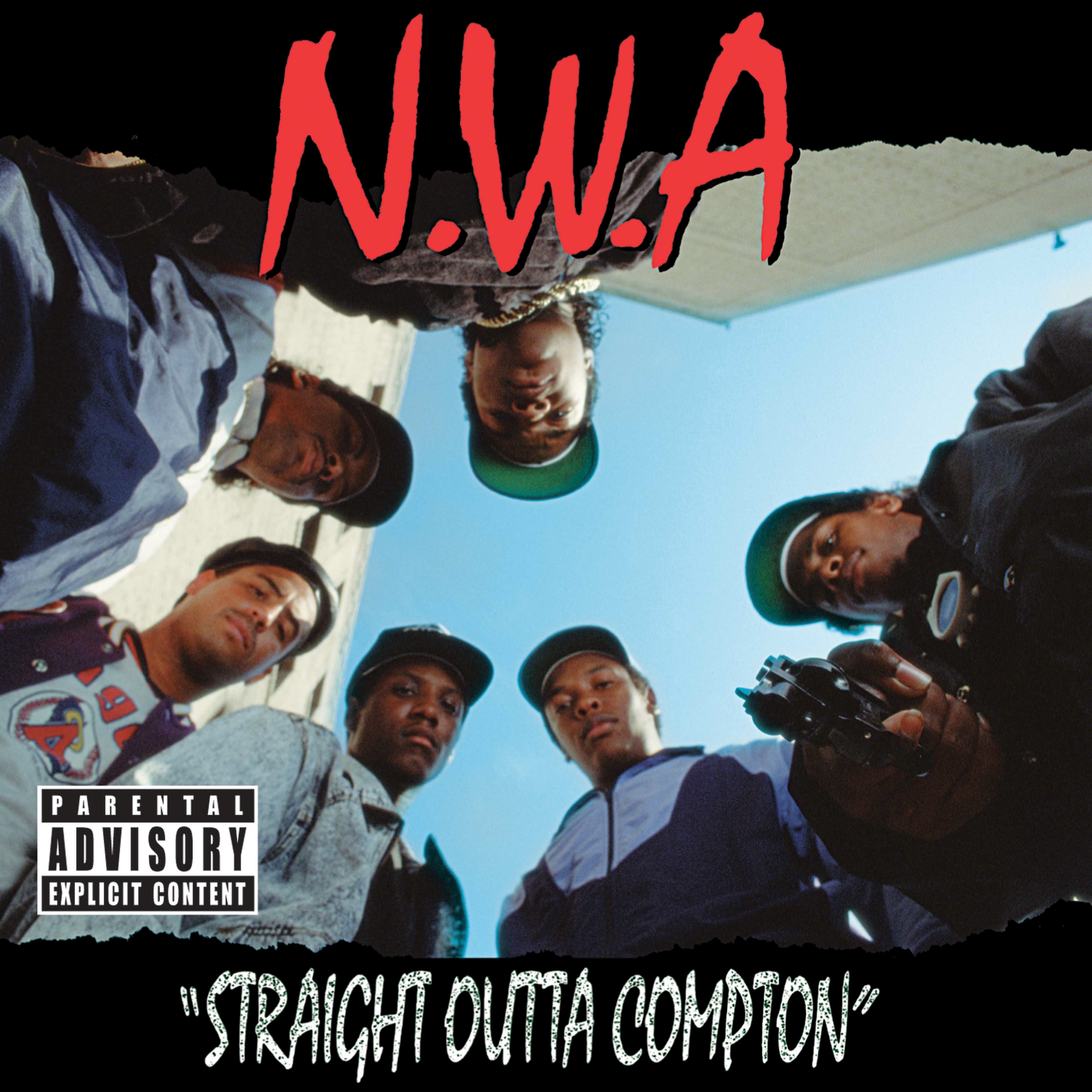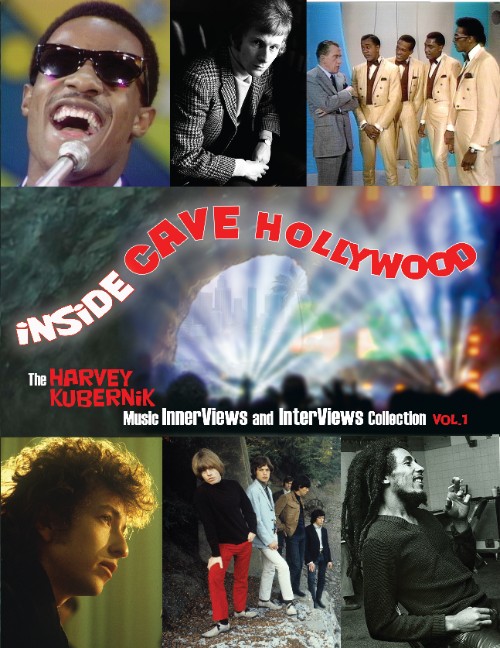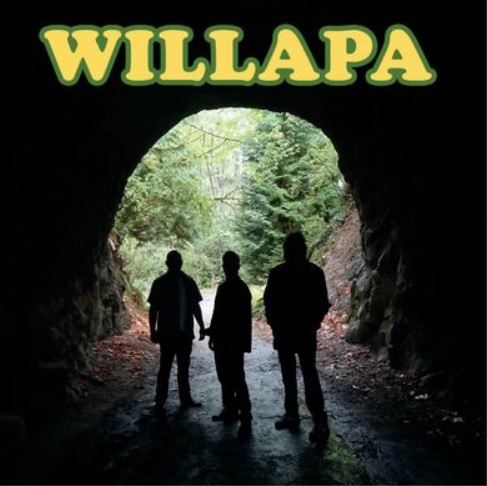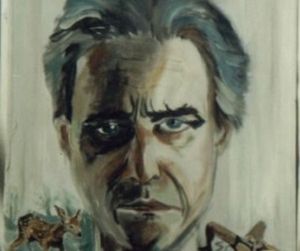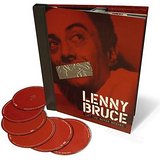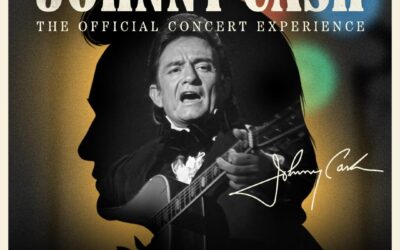By Harvey Kubernik
(C)) 2004 and (C) 2015
Growing up in Los Angeles, Ice Cube (O’Shea Jackson) treasured the music of Parliament/ Funkadelic, Rick James and James Brown. In 1983, at 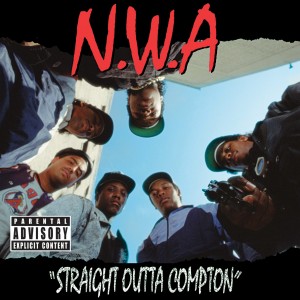 fourteen, he was writing his own raps, and later, after catching an Ice-T show for the first time, he turned pro and became Ice Cube.
fourteen, he was writing his own raps, and later, after catching an Ice-T show for the first time, he turned pro and became Ice Cube.
Then came N.W.A. (Niggaz Wit Attitudes). Ice Cube’s unit with Eazy-E, Dr. Dre, MC Ren and DJ Yella. Controversial, probing and commercial voices from Compton, California, the outfit was ushered into the retail world by visionary booking agent turned- manager and Ruthless Records label co-owner, Jerry Heller. N.W.A. would sell tens of millions of records, as well as influencing multiple generations the world over.
On December 17, 2015, N.W.A, along with Deep Purple, Chicago, Cheap Trick, and the Steve Miller Band, were chosen for the Rock and Roll Hall of Fame. The 31st induction ceremony will be on April 8 at the Barclays Center in Brooklyn. HBO will again film the event for broadcast later in the spring, most likely in May.
Over the decades, Ice Cube has established himself as both a wordsmith and one of the lightning rods at the epicenter of a generation.
The cruise to Ice Cube’s office in the Crenshaw District area brought back memories. I invited Paul Body to come along with me.
I grew up in the neighborhood, went to elementary school near 39th and Crenshaw, also kindergarten before then at Coliseum Street School, and learned how to swim at the Dorsey High School pool. Years later I graduated from nearby West L.A. College in Culver City.
Ice Cube’s solo recordings connect with me like the way another neighborhood product, Arthur Lee of Love, did decades ago, and the ’60s Nik Venet-produced LPs of singer-narrator Lou Rawls, with his trademark monologues and tune intros.
HK: I’m going to ask you some questions you’ve never been asked before about process and content. I’m gonna bring it today. You’ll also get treated like a songwriter.
Before any of you dudes in N.W.A. were even born, I was living in Crenshaw Village and the Watts area. So as far as I’m concerned, I’m still the Mac in the back in the ‘hood.
IC: OK. Cool. This should be interesting.
Q: How does your specific writing process work and how are the lyrics and music fusion developed? The process of creation.
A: When I first started out – ‘cause I had paper – what happened was I lost one of my rhymes, and it made me nervous. Now everything I do I put in the computer, so I’ll always have it and be able to look back.
Q: Do you do a lot of revision of the lyrics and raps before they are mixed in with the music?
A: No. As a matter of fact, I never do revision. Never. When I write it out, that’s it. I will probably revise one line as I go along, but I never revise it after I finish a verse. It’s there. It’s on paper. I get an idea just by living. I get an idea that has never been on wax before.
“None of my records sound like the last one. I approach them all the same. Rap is always moving. If you stay away too long, I think you lose a little of your punch, because there are so many people saturating the market. A lot of black kids feel that this is the only way they can be somebody, so they are always brushing up on their skills, you know. It’s not like a singing record, like a Stevie Wonder. With rap, (because) it’s so young, you always have to stay on your toes and always come out there, or you might get lost in the shuffle.
Q: What do you think of the organizations and the individuals who are attacking gangsta rap or your recorded views? Blaming the violence that is reflected in your words and music.
A: Not at all. If gangsta rap stopped today, we would still have the same problems, so why start at the bottom? You have to start at the top and work your way down. What is the only form of music that can sell copies without going through any so-called media? Rap. Without magazines, without going on TV, without doin’ a video. Rap music is the only form of music that can distribute information uncensored, in a way. More than any other form of music, besides probably heavy metal. ‘Cause people can catch on to a heavy metal group and they don’t care who play it. They’ll get with it.
“Now, that’s dangerous to the powers that be. Rap does these volumes of records and it presents more problems for the powers that be. They say, ‘How do we stop this? Now, do we attack it?’ Which they have. They’ve come out themselves and attacked the music. N.W.A. (Ice-T’s) ‘Cop Killer.’ All the way down the line. That’s not working.
“The kids are still buying the music. ‘What we can do is turn their community on them and make the music seem unpopular.’ That’s happened to us time and time again. That always happened in a time when the kids believed the parents were on the right track. But now, in 1994, the kids believe the parents are not on the right track. So…who knows and who tells it? The rappers. So the rappers become the heroes over the preachers, the parents, and the teachers. So the rapper still has the power.
Q: It’s also quite obvious that, after listening to your catalogue, the tunes, skits and intros are very comedic. Even Amos and Andy are part of the reference parade. Is it because there are a lot of beats and sound effects in the grooves that a lot of the media overlook the comedic aspect of your work?
A: Definitely. The media is preoccupied with anger. And you mentioned that my records could be stocked in the comedy section in the stores as well. I think (the media) are so paranoid about me distributing information, ‘cause to distribute information is a powerful tool. And they are so caught up on the Death Certificate album – on ‘Black Korea’ and ‘Look Who’s Burning’ – they miss a lot of the humor. In a lot of gansta rap there is a lot of humor. Because, being part of the neighborhood, you know, you can get past if you are hard or if you are funny. You can be the gangsta or the joker in the neighborhood. And people will always like you or get along with you. What you have now is rappers combining them.
Q: A lot of people have missed that point.
A: Definitely. Humor is a natural part of hard-core rap.
Q: Was your recent talk at Locke High School, which was a reward for students who improved their grades, and experience for you as well?
At Locke High School you discussed rappers being blamed for violence in our society. In an interview with The Orange Country Register, you said, ‘I learned to throw my first punch from Bugs Bunny. I picked up my first weapon at Toys ‘R Us. You are what you’ve been taught. America is very violent, so what do you expect? If the parents are going to be violent, the kids are going to be violent.’
A: That’s right! Bombs, shots in cartoons. Children’s programs. I saw my first guns on cartoons. I saw my first guns being used on TV cartoons. Not just guns, but being used to kill. I’ve seen Popeye…a fly is in Popeye’s house and flyin’ and fuckin’ with Popeye…I’ve seen him take a shotgun and destroy the house! Tryin’ to kill this fly. And once the house falls, the fly is still in there. Kids watch this constantly.
Q: I would imagine the double standard of Death Wish movies and blow ‘em up films must blow your mind…
A: Yes. Definitely. For some reason, America is threatened by me with a gun. And I didn’t invent the gun. I didn’t make the gun. So they have bigger and better guns. So to see me on the screen with the weapon is threatening to America, because America is so guilty that she feels that I want to harm them with a gun.
Q: What can be done, besides education?
A: What we do is that we don’t make out education. We’ve been through hell and the government keeps their foot on our necks but what the white people don’t realize is that (the government) does the same thing to them. We’re all just pawns in the game, and it’s ten percent of the population runnin’ the world. And they have us and they play us like chess. We’re like sheep. Wherever they want to herd us. That’s the way we go. White and black. So, once we realize that, and we figure out that this government doesn’t love anything but the dollar, we can start to take the country back.
“White supremacy only works in an all-white society; in a mixed society like we have now, white supremacy will only hurt the society. What’s happening is that you have too many people who are goin’ against the grain. Where can you go if you are pushing two different ways? We have to teach white kids about all different cultures. We need to teach black kids about all different cultures. So everybody will respect everybody. What we have is a lack of respect.
Q: Can the record business and music media help?
A: They are too busy getting new acts for their magazines or new acts for their radio stations. They’d rather sweep all this under the rug. But, you keep sweeping that shit under the rug and pretty soon your house is fucked up. Until you are ready to clean up. So the rappers have to take the initiative.
“Look at rap in 1983 or 1984, when it was all black and Puerto Rican. Now, the emergence of Chuck D and his new message…if you go to a rap concert, you are liable to see every race and nationality at the show. The rapper is up there. He might be pro-black, but he’s not lying, and he’s tellin’ the truth. And that’s all we hunger for. That’s the only thing that makes us live. And once we hear lies, it destroys our brain and our body. I can’t give you a lie to play the fool. ‘Eat that plate of food.’ How are you going to grow with that? It’s nothin’ there to grow on. But, when I give you truth, you can grow and you can live.
Q: Do you deliberately not put lyric sheets and printed words on the recordings? Is this a conscious effort?
A: Yes, it’s a conscious effort. I don’t want to give people who don’t like Ice Cube an edge to use my words. You have to be a hip-hop fan, a fan of the music, to have the patience to hear everything that Ice Cube says. I don’t want anybody who is not a fan of my music to try and make my words, because all they gonna do is take my words and use them against me.
Q: Does the live experience fuel you or expand the body of work you’ve created? People sing things you’ve written.
A: I know. In my show, I leave the heavy shit out, the political stuff on my records. When you come to a show, it’s basically party. I don’t really want to be up there and try and talk about social issues. You know what I mean? Come together and we jam. After my music career, maybe I could do a lecture type thing and define my records more. When you come to see me in a show, man, it’s time to party. I think the kids have a lot of shit on their minds, and when they come to see me perform, they don’t want to get bombarded.
Q: Is it gratifying to know that your recordings, and your comments are registering?
A: Yes. It’s really just one man’s comment. It’s just an opinion. I’m just one idea, and for the people to acknowledge that is cool. People come to me to get some of their questions answered.
Q: Can you describe what it’s like when something you birthed, like a term, a word,. or a phrase, is incorporated into everyday speech and conversation.
A: I feel good. That’s how we get slang in the neighborhood. Somebody is trying to invent a new dialect and see how far we go. I invented something people are using now, ‘ Break ‘em off some.’ That was something that I invented and I just wanted to see how far it would go. I start hearing it more and more on records, and it gets bigger and bigger. And you say, ‘I thought of that phrase.’ It becomes a world phrase. That’s when you get down into the neighborhood, because it’s a new language comin’ out of the neighborhood.
Q: It seems nobody talks to you about the influence of comedy albums, Richard Pryor, and your love of the oral tradition.
A: I’ve always loved it. What it is, is people saying things I wish I would have said. So, instead of rippin’ in off, I put it in a strategic place. Some people can define my records, even if they might have spoke twenty years ago and I never heard what they said. And I do a record, and I end up comin’ across it, and I say, ‘That defines exactly what I’m tryin’ to say.’ There is an advantage about hearing somebody talk than reading them on a printed page. Reading someone on a printed page is flat. It doesn’t give anything to me.

